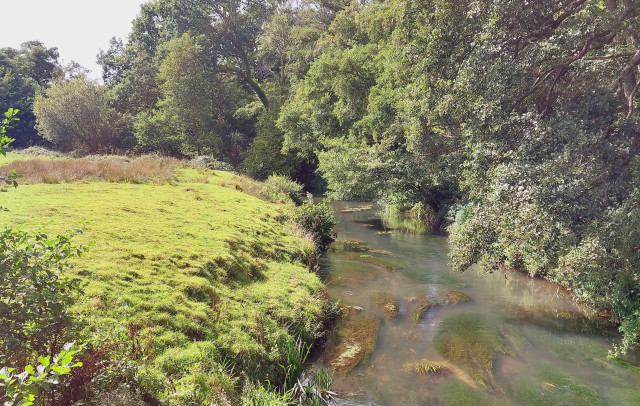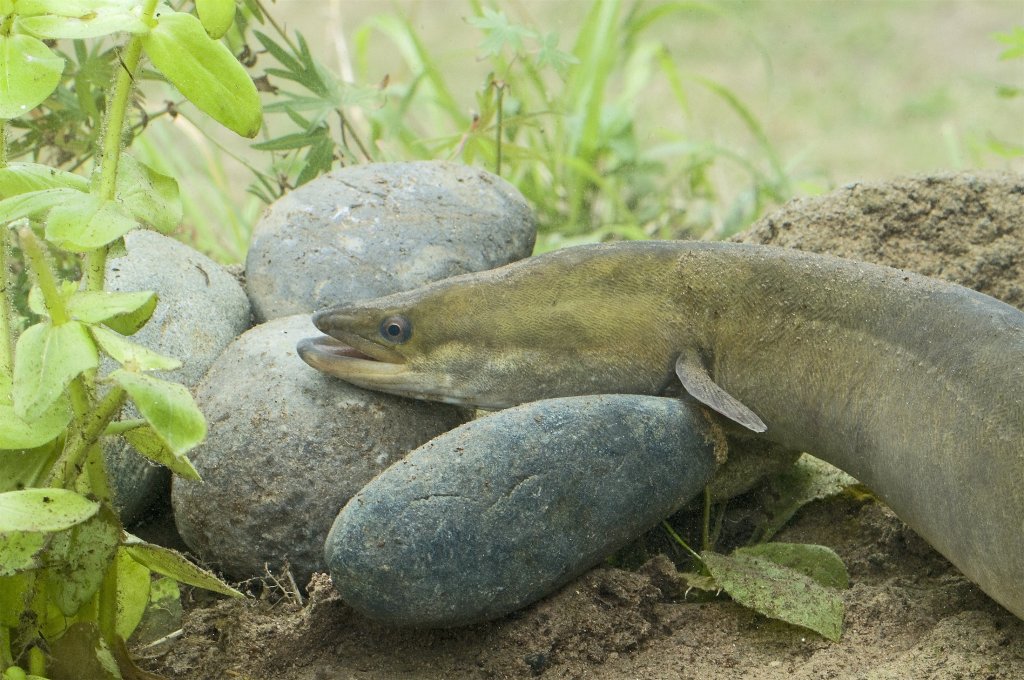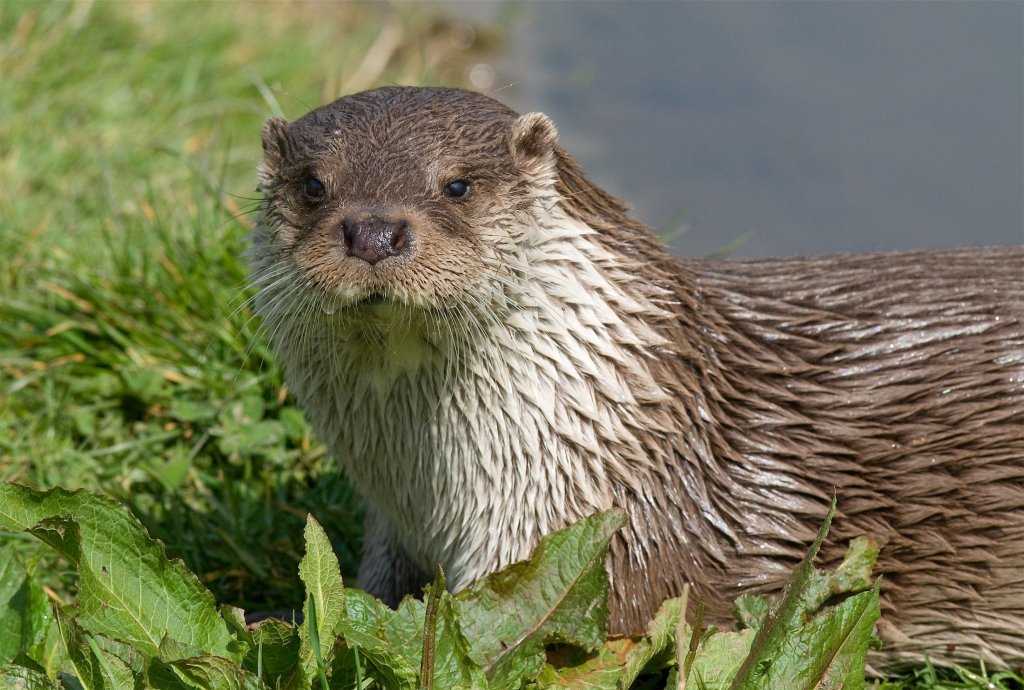Home to the only native freshwater crayfish, the beautiful Western Rother is a precious chalk stream rising from several springs near Empshott in Hampshire and running through stunning countryside for 52 kms.
As the largest tributary of the River Arun, the Rother doesn’t flow out to sea and instead flows along the foot of the chalky South Downs. Home to a huge range of fish such as brown trout, lampreys and eels, the river is designated a Site of Nature Conservation Importance, and is home to the white-clawed crayfish, Britain’s only native freshwater crayfish.
Originally called the ‘Scire’ or ‘Scir’ which is an old Saxon word for ‘clear’ or ‘bright’, you can still see the reasoning behind this in places where the water sparkles as it flows over pebbles. However, over the last 30 years the river bed has become covered in sandy silt due to a fine sediment entering the river.
Alongside the fish of the Rother, if you tread softly you might be lucky enough to spot water vole or otters who have both set up home on this peaceful river. Kingfishers nest in the banks, wagtails join a host of other small birds enjoying the berries on bushes fed by the stream, and dragonflies flit across the water catching prey.
Not just a home for wildlife, historically the Rother has been used for a variety of industries with the earliest mention of watermills on the river in 1086 in the Doomsday book. Cargo such as coal and corn would also have been transported along the Rother between Midhurst and where it joins the River Arun.
You can enjoy a walk alongside this special chalk stream at several points, with some particularly picturesque locations offering grassy banks to sit peacefully and let your senses tune in to the sights, sounds and feel of the riverscape.


